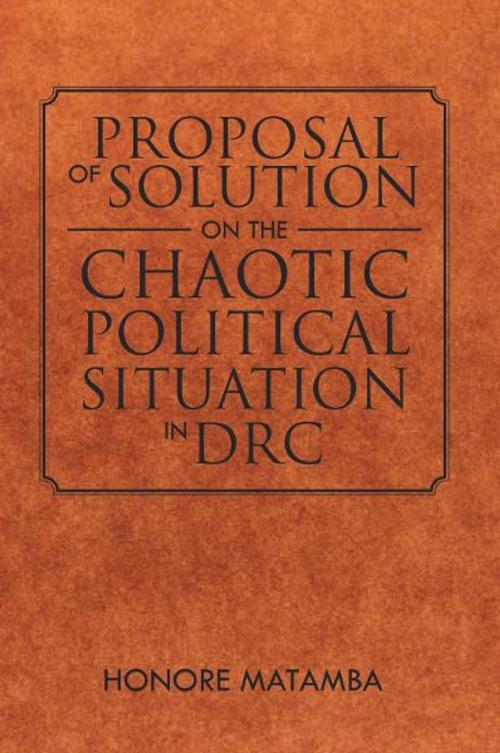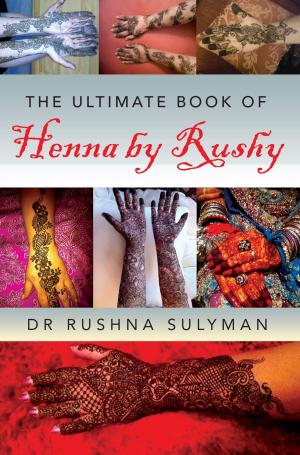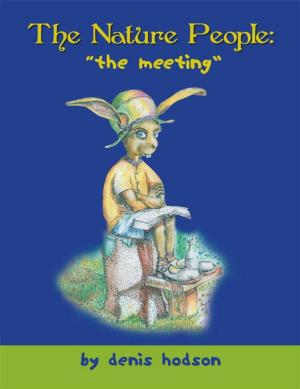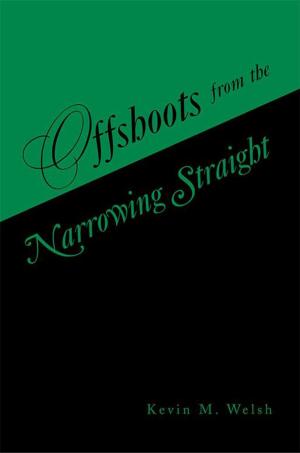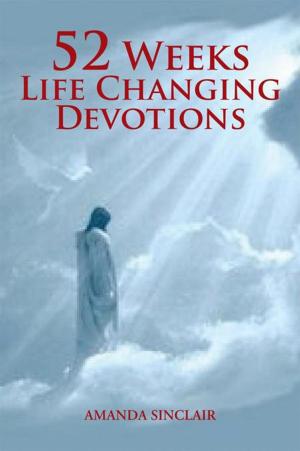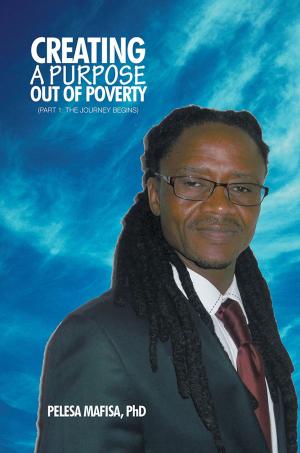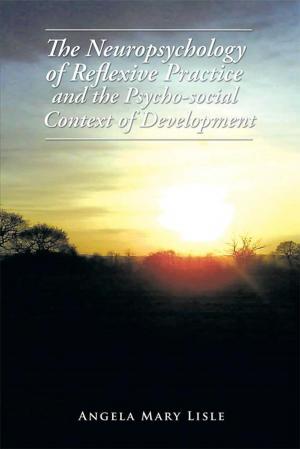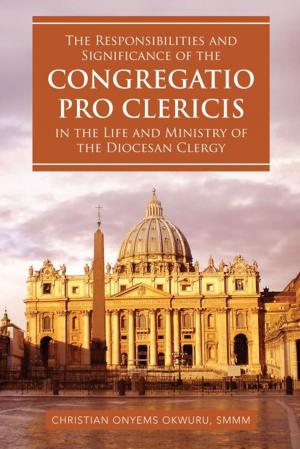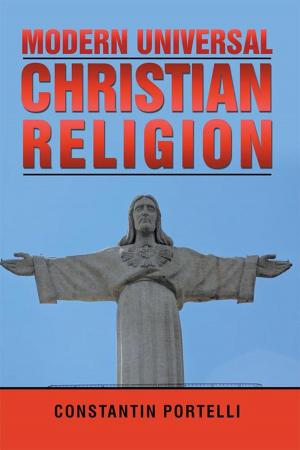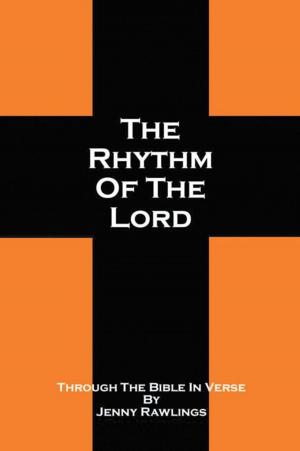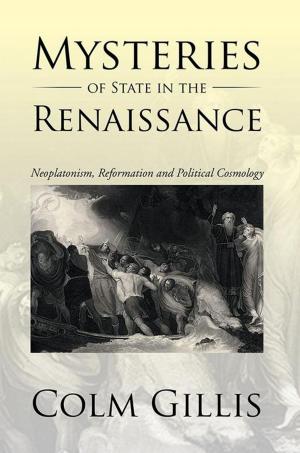Proposal of Solution on the Chaotic Political Situation in Drc
Nonfiction, Social & Cultural Studies, Political Science| Author: | Honore Matamba | ISBN: | 9781465307118 |
| Publisher: | Xlibris UK | Publication: | November 29, 2011 |
| Imprint: | Xlibris UK | Language: | English |
| Author: | Honore Matamba |
| ISBN: | 9781465307118 |
| Publisher: | Xlibris UK |
| Publication: | November 29, 2011 |
| Imprint: | Xlibris UK |
| Language: | English |
At this time, while nations are making efforts, mobilize their various resources to develop, Congo is driven to sink into indescribable misery. Contemporary life in Congo contrast with the potential found in this country. Indeed, there is a huge contrast between the potential in men, natural resources, basements, soil, climate, hydrography, flora fauna etc . . . , in Congo, and the life of the majority of Congolese living in the country. And in the words of MKANDAWIRE T., quoted by Professor Andr Mbata B. MANGO and MPRARISENI BUDELI, lecturer at the University of South Africa since its independence June 30, 1960, the history of the Democratic Republic of Congo has been a succession of coups, attempted secessions, attacks by foreign troops, civil wars, rebellions, plundering, authoritarian regimes, interventions of the United Nations (UN) and national conferences or dialogues. (1) Given the above, it is necessary to ask questions: Why this paradox? What constitutes the obstacle to achieve the well-being of the Congolese? In response to these questions, several answers have been proposed: the economic disintegration, lack of capital, lack of developmental political structures, etc . . . In this regard, we believe that the lack of developmental political structures would be the main cause of the chaotic situation in the Congo (DRC).Came then the major issues: how to change the policy in the Congo (DRC)? What to do to get the legitimate aspirations of the people?
At this time, while nations are making efforts, mobilize their various resources to develop, Congo is driven to sink into indescribable misery. Contemporary life in Congo contrast with the potential found in this country. Indeed, there is a huge contrast between the potential in men, natural resources, basements, soil, climate, hydrography, flora fauna etc . . . , in Congo, and the life of the majority of Congolese living in the country. And in the words of MKANDAWIRE T., quoted by Professor Andr Mbata B. MANGO and MPRARISENI BUDELI, lecturer at the University of South Africa since its independence June 30, 1960, the history of the Democratic Republic of Congo has been a succession of coups, attempted secessions, attacks by foreign troops, civil wars, rebellions, plundering, authoritarian regimes, interventions of the United Nations (UN) and national conferences or dialogues. (1) Given the above, it is necessary to ask questions: Why this paradox? What constitutes the obstacle to achieve the well-being of the Congolese? In response to these questions, several answers have been proposed: the economic disintegration, lack of capital, lack of developmental political structures, etc . . . In this regard, we believe that the lack of developmental political structures would be the main cause of the chaotic situation in the Congo (DRC).Came then the major issues: how to change the policy in the Congo (DRC)? What to do to get the legitimate aspirations of the people?
